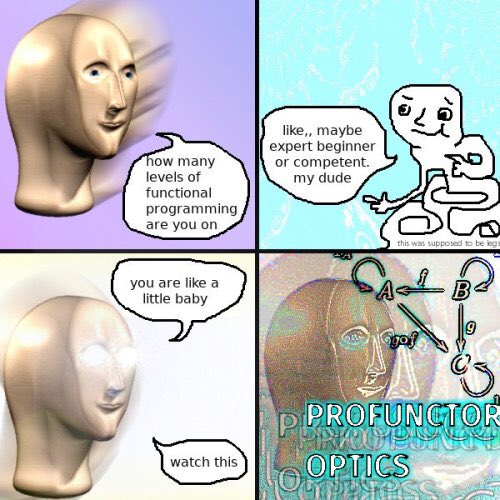Mark Windholtz will be presenting:
INTRODUCTION TO EVENT STORMING
Event Storming is a group design and planning approach. It is useful to get the “Big Picture” when starting a project or feature set and also works well for Retrospectives and even Detailed Design. The results of Event Storming can be used to plan your Story Mapping exercises.
Event Storming has the extra benefit of establishing a common language between Domain Experts and Developers. It creates a system design skeleton that is understandable and usable by a broad group of stake holders. A Domain Event is something that happened in the system that is interesting to a Domain Expert. For Example, “Item Added to Cart”, “End of Month Occurred”, and “Request Email Received”.
This presentation will:
- Cover the structure and process of an EventStorming Workshop.
- Introduce CQRS and DDD. CQRS and DDD are advanced architectures and design approaches. CQRS architecture is Command Query Response Separation. DDD is a co-operative design style of Domain Driven Design.
Each of these is powerful, but often difficult to explain. Separately or together they make building large complex systems more sustainable.
Event Storming is a breakthrough approach, because it provides a painless way to introduce DDD and CQRS without the buzz words.
